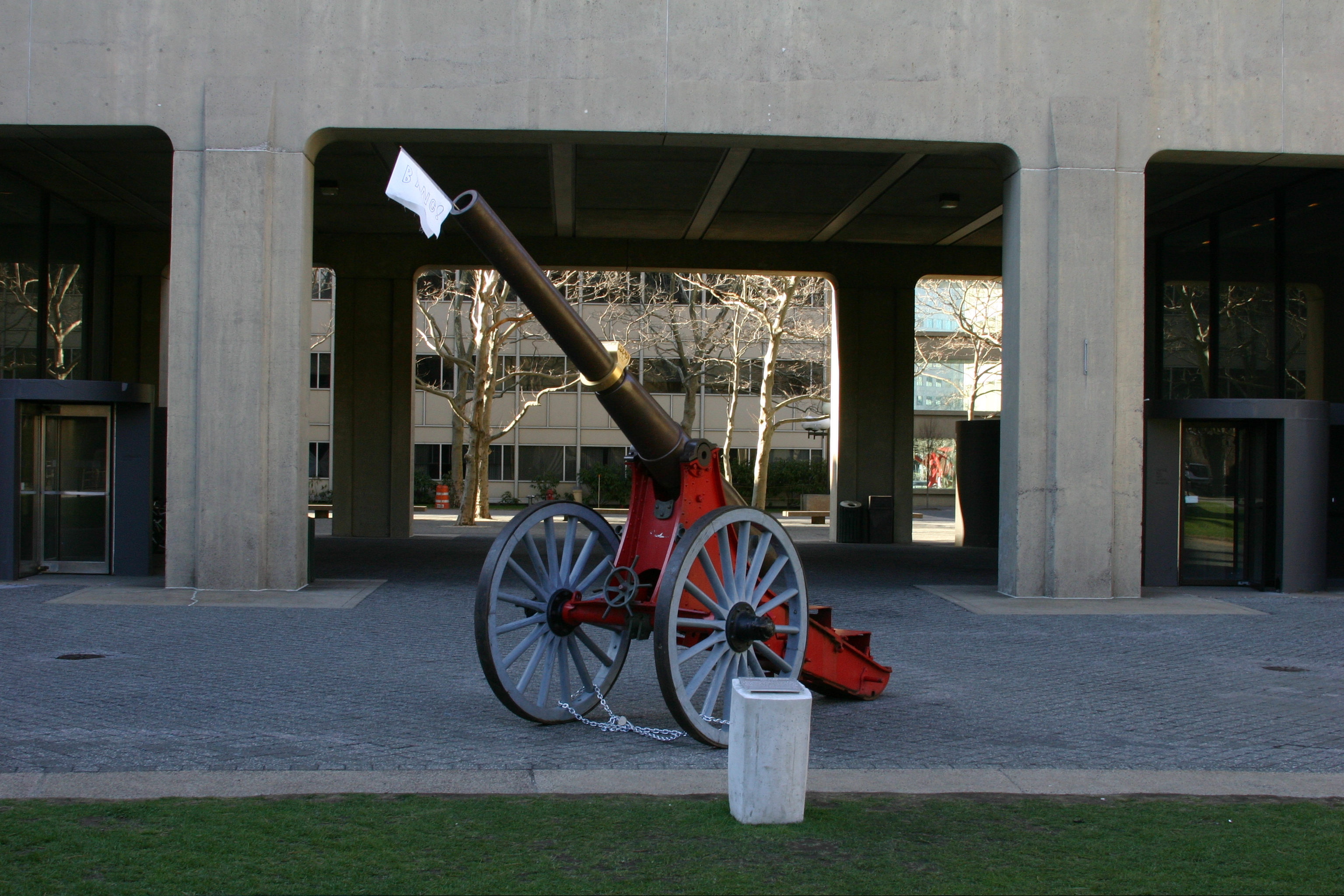Context:
Smith College is a historically women’s college in Massachusetts. EZ is a current Smith College student.
Main Piece:
EZ: “so, there’s a lot of just weddings happening that obviously aren’t real weddings but people just dress up and have ceremonies and stuff, just like in their friend groups. It’s just a Smith thing, I guess.”
SH: “Is it like, like making fun of the lesbian stereotype because Smith is a historically women’s college, or like, kind of serious?”
EZ: “It’s definitely not that serious. I think it’s definitely a historically women’s college trope that like, um, you’re kind of like embracing it, and I think it, there was an article about it a while back, but it dates back pretty far, so there’s like tons of history in the archives about it, um, and I think it started out more as like ‘oh haha we’re like women getting married, like how unconventional’ and then now it’s more like, we’re like either dating or just good friends or something like that, and it’s more like a fun friend group thing than like ‘haha look at us’ kind of thing”
SH: “Alright, so it can be between people who are dating and people who are just friends?”
EZ: “Yeah, I don’t think there are necessarily set rules to it.”
Analysis:
This tradition presents an interesting combination of different concepts within folklore. On the one hand, the tradition revolves around a ‘mock wedding,’ a non-serious replication of a very culturally significant event. Marriage is a significant ritual that represents the transition from single life to the expected life of raising a family. In some societies, marriage is even the transitionary event that inducts one into adult society. The imitation of this event could, without any additional context, have come from a desire to mimic this transition into adulthood and freedom, as earned by the college students’ leaving their family home and living among their peers.
But when viewing this tradition through the context of its location and historical ties tells a slightly different story. Smith College is a historically women’s college, and has through that centering of women long had associations of lesbianism tied to it. Marriage, central to many societies, has been used within the United States to uphold and enforce the heterosexual nuclear family. With this nuclear family came the expected subjugation of women, who are historically disenfranchised and were made dependent on their husbands for financial support. Since, as the EZ says, the tradition “dates pretty far back,” these mock weddings presumably existed long before marriage equality, so at a time when legally, women could not marry each other. Therefore, these mock weddings represented a protest against the heterosexist laws that forbade them in reality, and now exist as a relic of that time. While currently, the mock weddings are something fun to do with your friends, they recall a time when the marriages were ‘mock’ because they legally could not be anything else.

